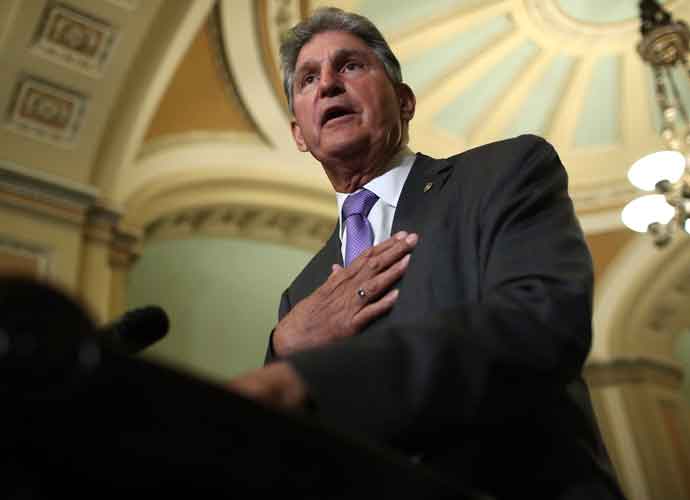Senate Passes Resolution To Repeal Biden’s Student Loan Relief Plan
The Senate passed legislation to repeal the Biden administration’s student loan relief plan, which would cancel up to $20,000 of debt for the tens of millions of Americans who received a federal loan to attend college.
While it’s uncommon that the Democratic-majority Senate to pass legislation that undermines one of President Joe Biden’s most valued objectives, the resolution to repeal the student loan relief plan passed the Senate with a 52-46 vote. It passed the House with a 218-203 vote a week prior.
52 Senators, led by Republicans, have made it clear they don’t stand with borrowers.
By using the #StudentDebtCRA to score political points, they want 40+ million to pay the price.@POTUS: protect borrowers and veto this cheap shot.
Subscribe to our free weekly newsletter!
A week of political news in your in-box.
We find the news you need to know, so you don't have to.Our statement: https://t.co/P6q49GvQmm pic.twitter.com/1Ekv2OLVUj
— Student Borrower Protection Center (@theSBPC) June 1, 2023
Since its inception, the student loan relief plan has been criticized by Republicans for being an expensive handout. House Republicans introduced the resolution to repeal the plan by invoking the Congressional Review Act — an act that allows Congress to reverse executive orders with only a simple majority in both chambers. However, Biden has already pledged to veto the resolution, and Republicans aren’t expected to have the two-thirds majority needed to override the veto.
Senate Republicans just voted to block @POTUS‘ student debt relief plan, force millions to immediately pay back paused student loans & claw back relief from public servants. It’s shameful. Thankfully we have President Biden who cares about working people & will veto this.
— Elizabeth Warren (@SenWarren) June 1, 2023
Two Senate Democrats — Jon Tester (Montana) and Joe Manchin (West Virginia) — and Kyrsten Sinema (I-Arizona) voted with Republicans to repeal the student loan relief plan.
“[We] simply cannot afford to add another $400 billion to the national debt,” Manchin said in a statement referencing the Congressional Budget’s office estimate of the student loan relief plan’s cost. Sens. Michael Bennet (D-Colorado) and Mark Warner (D-Virginia) abstained from voting for similar reasons.
The White House has called the resolution an “unprecedented attempt to undercut… historic economic recovery.”
The Senate also set a date for resuming federal student loan repayments, which have been frozen since March 2020, on Thursday by passing a bipartisan bill to raise the national debt ceiling.
About 43 million federal student loan borrowers are expected to restart paying their loans after August 29. This date matches the Biden administration’s initial plan to end the pause on federal loan repayments at the end of August.
Before then, Biden’s student loan debt relief plan, which has been caught up in the courts after a lawsuit by several conservative states alleged that Biden overextended his executive powers, faces its upcoming Supreme Court ruling, expected in June or early July.
Get the most-revealing celebrity conversations with the uInterview podcast!








Leave a comment